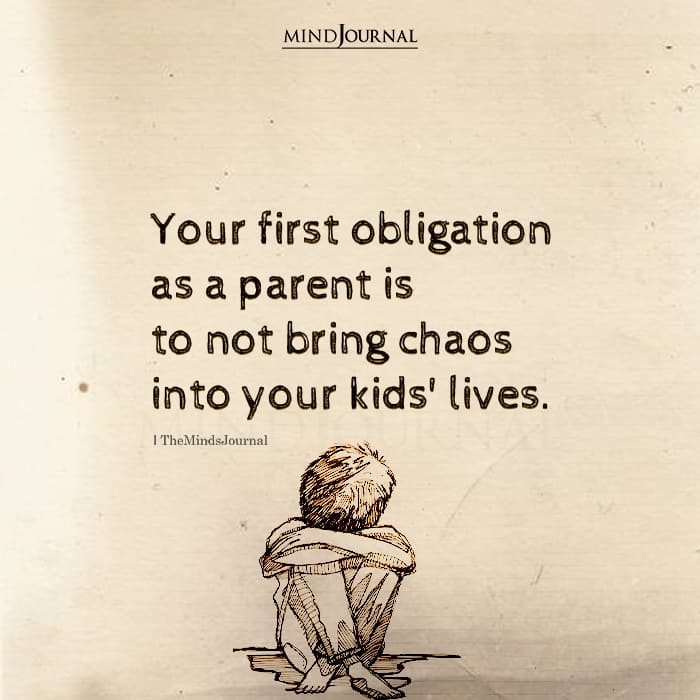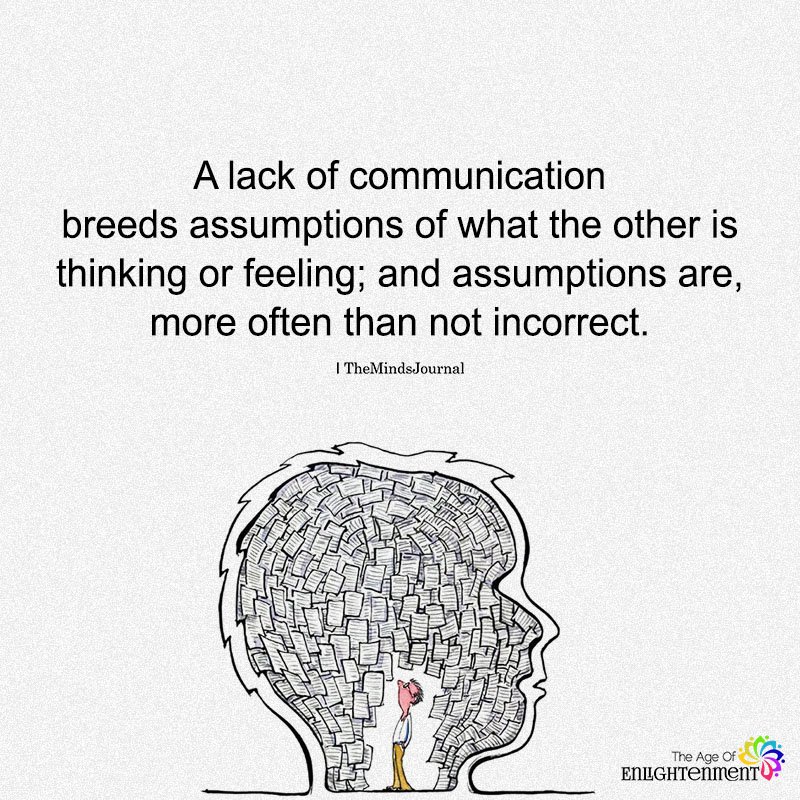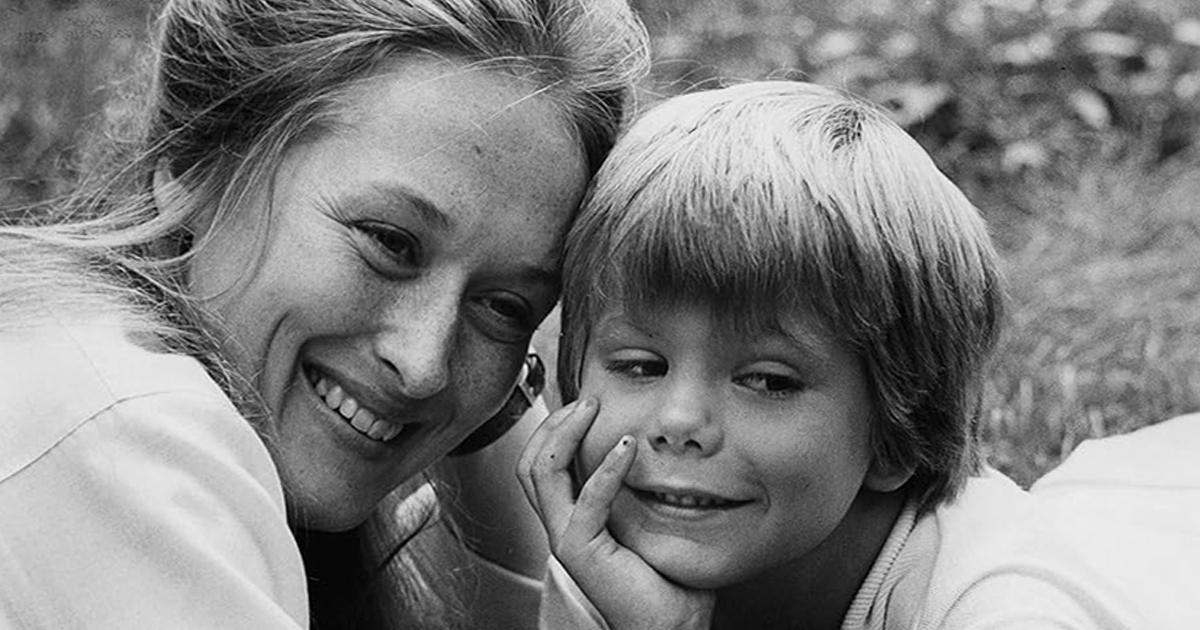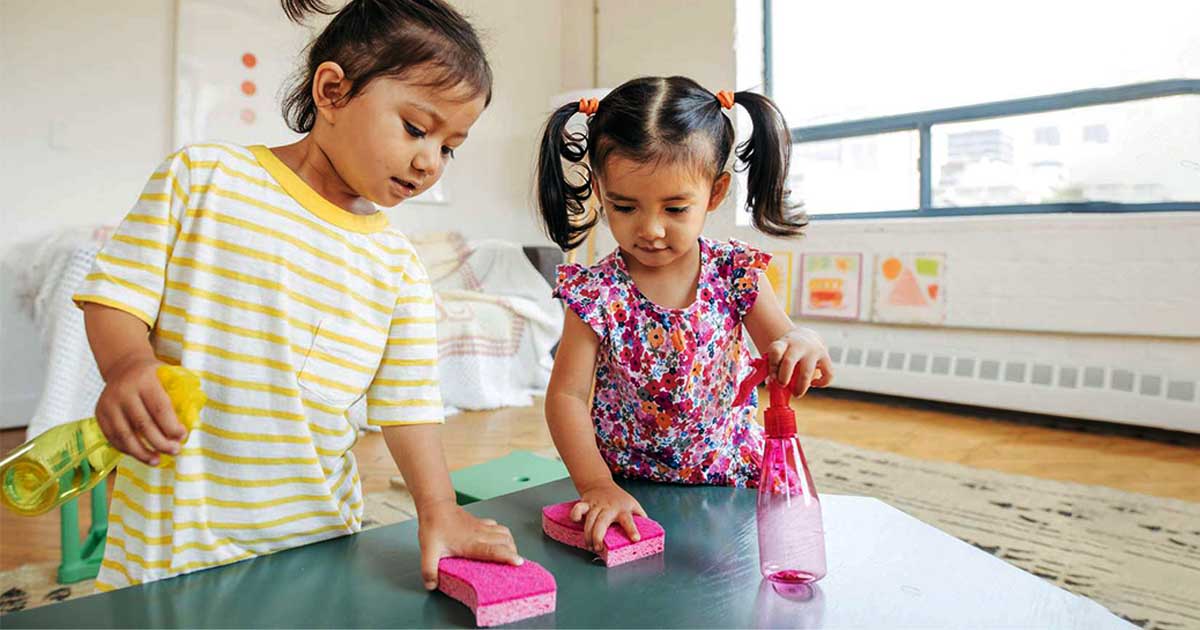Dealing with the ups and downs of raising a child after a divorce or separation is tough. In the middle of all this, the most important thing is your child’s happiness and development. That’s why it’s crucial for you to understand what is co-parenting and how you can implement it.
When it comes to parenting, it is crucial to adopt an approach that goes beyond self-interest. The true value of this approach lies in safeguarding the overall welfare and happiness of your child.
In this blog, we will unravel the concept of co-parenting, spotlighting its significance and exploring the positive impact it can have on your child’s life.
What Is Co-parenting
Co-parenting is a collaborative approach undertaken by divorced or separated parents to raise their children after the end of their romantic relationship or after separation from their marriage.

Rather than engaging in contentious custody battles, co-parents work together to determine what is in the best interests of their child. This may involve shared time or decision-making authority, even when the child resides in separate households.
But learning what is co-parenting and how does it work, especially after a tough breakup, can be tough. It takes a real effort to put aside any lingering issues from the past relationship.
Due to this reason, there are different types of co-parenting approaches that you can implement along with the other parent to provide a safe space for your child!
Read More: What Are Parenting Styles? Explore Different Types Of Parenting Styles And It’s Impact On Children
Lets have a look at these types!
Types Of Co Parenting
As you and other families go through co-parenting, it’s important to know the different ways parents handle it. These approaches affect how moms and dads talk, decide things, and play a role in their kids’ lives.

According to studies, kids of divorced parents might feel more anxious or sad, and the way you and the other parent handle things plays a big role.
Read More: What Are the Psychological Effects of Divorce on Kids? Grasping the Long-Term Impacts
Below are the various types of co parenting that you can follow to reduce this impact:
1. Parallel Co-Parenting
Parallel co-parenting is when you and the other parent avoid arguing, but you don’t talk much either. In this style, both of you manage your households separately.
While it can provide a consistent routine for the kids, the drawback is that there isn’t much teamwork or collaboration between you and the other parent.
Read More: 8 Tips For Co Parenting With An Ex You Detest
2. Conflicted Co-Parenting
Learning what is co-parenting is to reduce conflict when raising a child. Conflicted co-parenting is when there’s a lot of fighting and not much cooperation between you and the other parent.
In this style, things can be tough on the kids because there’s constant disagreement. Ongoing family conflicts can make it harder for them to adjust and feel secure.
Read More: What Are Family Relationships And Its Importance
3. Cooperative Co-Parenting
Cooperative co-parenting is the best kind. It’s when you and the other parent work together to plan things for the kids. In this style, you support each other and try to avoid unnecessary arguments.

This approach helps kids bounce back from the divorce, and it’s better for everyone involved. It creates a more positive and supportive environment for the children.
It’s important to figure out your current style to understand what is co-parenting, think about what you want, and see if it’s possible.
While cooperative co-parenting is the goal, sometimes it’s not doable because of things like one parent not wanting to change or other challenges.
Read More: How To Raise A Child? 5 Step Guide For Raising Happy Kids
Let’s take a look at these challenges of co parenting that you might face!
Challenges Of Co Parenting
Deciding to co-parent after a separation or divorce introduces various complexities. It’s not easy to put aside past conflicts and feelings of hurt or anger.
Co-parents may also encounter new stresses that need careful consideration for the sake and well-being of their child.
If you are thinking about what is co-parenting with your ex, be ready to address the below challenges:
1. Discipline Differences
After separation, how you and the other parent discipline and set rules might become a bigger issue, especially if you share custody equally.

This can make things confusing for your child because there are different rules in each home.
Read More: What Is Sleep Training: 5 Expert Tips To Help Regulate Your Child’s Sleep Pattern
2. Communication Challenges
Even if the split was friendly, talking to the other parent might still be hard. It’s important, though, especially until your child is grown.

Challenges here could be feelings like anger or disagreements on how to parent.
3. Maintaining Consistency
Making sure both homes have similar rules and routines is not easy. It goes beyond just discipline – it includes lifestyle, money, and even changes in custody during unusual situations, like the pandemic.
4. Financial Inequality Between Households
Money matters can create issues, especially in what is co-parenting. It might be that one parent is not contributing enough or that child support needs to change as your child gets older. Different parenting choices can also cause problems if one parent can afford more than the other.
Read More: How to Deal with Family Financial Problems? 10 Life-Saving Tips To Crush Your Financial Struggles
Dealing with these challenges means talking openly and being flexible. It’s not easy, but it helps keep things better for your child. Knowing the tips for successful co parenting can help you mitigate these challenges.
Tips For Successful Co Parenting
Despite the difficulties, many adults who went through this as kids turned out happy. To help you understand what does healthy co parenting look like, here are ten positive co-parenting tips.
1. Your Children’s Needs Come First
No matter the challenges of co parenting, always prioritize your children’s well-being. It’s tough, especially if the divorce was messy, but making your children’s security a priority is crucial for a “successful” divorce.

Put them first, even if it means seeking help from a family therapist when past issues flare up.
Read More: What Is Child Development? Understanding the 5 Crucial Stages of Child Development
2. Prioritize Communication
Find a communication strategy that works for your family. If face-to-face talks aren’t possible, agree on alternative methods like online tools. Keep communication open about your children’s welfare. Don’t punish your co-parent by shutting down conversations; it only hurts the kids.
3. Stay on the Same Page for the Big Stuff
While day-to-day parenting styles may differ, try to be consistent on big decisions like schooling and healthcare. If it’s hard, consider co-parenting counseling or mediation to help with major decisions.
4. Stick to Your Parenting Schedule
Once set, keep to your parenting schedule. Changing it too often can confuse and unsettle the children. If changes are necessary, plan how to communicate and negotiate with your co-parent.
Read More: 7 Keys To Co-Parenting After You Have Remarried
5. Do not Badmouth Your Co-Parent
Avoid speaking negatively about your co-parent in front of your children. Vent to friends or a therapist instead. Let your children form their own opinions as they grow up.
6. Try to be Positive
Highlight your co-parent’s positive traits in front of the children. It makes them feel safe and encourages them to speak positively about the absent parent.
7. Empathy First
Direct empathy towards your children, especially in the early days of divorce. Consider how your actions will be perceived by them before acting. Shield your children from conflicts by finding alternative ways to communicate.
Read More: The Ripple Effect Of Empathy In Mental Health Caregiving
8. Self-Care is Required

Take a few minutes daily for self-care. Whether it’s positive self-talk or an activity like exercising, it’s essential for your well-being. Your children benefit from seeing you take care of yourself.
Read More: Self Care For Parents: Why Is It Important?
9. Be Smart About New Partners
Agree on the roles new partners play in your children’s lives. Keep them out of mutual child-rearing decisions until they have a secure place in the family structure. Focus on what’s best for the children.
Read More: What Is Family? 4 Crucial Reasons Why Family is Important
10. In Time, Find Forgiveness
Forgiveness is powerful. As time passes, work on forgiving yourself and your former spouse or partner. It aids in healing and shows your children the resilience of families.
Remember, these guides are not only for you but for you to provide the best for your child. Your child matters most when co-parenting. Remember this!
Knowing what does healthy co parenting look like may help you better learn what not to do when co parenting.
What Does Healthy Co Parenting Look Like
Co-parenting is more than just sharing responsibilities; it’s about fostering a supportive environment for your child despite changes in family dynamics. Healthy co-parenting involves several key elements that contribute to a positive and stable upbringing for your child.

Work together with the other parent to create a visitation schedule. This plan should cover weekdays, weekends, holidays, and special events. Ensure both parents agree on how to communicate with the child when they’re with the other parent.
Establishing a daily routine is among the key tips for successful co parenting. Agree on essential aspects such as bedtime, handling schoolwork, managing screen time, and participating in extracurricular activities. Respecting these boundaries contributes to your child’s sense of security.
Research indicates that children benefit greatly when parents work together in a unified parenting approach. By focusing on what not to do when co parenting, daily routines, and medical care you contribute to your child’s overall well-being.
Read More: Mental Health Tips for Kids: 5 Powerful Parenting Strategies To Support Your Child’s Mental Health
What Not To Do When Co Parenting

To ensure a healthy environment for your child, steer clear of these behaviors:
1. Sabotaging Relationships
Avoid intentionally or unintentionally sabotaging your child’s relationship with the other parent. Encourage a positive connection between your child and both parents.
2. Using Your Child as a Pawn
Resist the temptation to use your child as a pawn for revenge or to hurt your ex-partner. It’s crucial to shield your child from adult conflicts.
Read More: What Is Toxic Parenting? Signs And Ways To Deal With Toxic Parenting
3. Manipulation and Influence
Do not use your child to gain information or manipulate and influence your ex-partner. Keep adult matters separate from your child’s experiences.
4. Projecting Frustrations
Avoid transferring your hurt feelings and frustrations toward your ex-partner onto your child. Keep adult issues separate and maintain a supportive atmosphere for your child.
5. Forcing Sides in Conflicts
Do not force your child to choose sides in conflicts, especially regarding scheduling or planning challenges. Encourage a neutral and cooperative approach to problem-solving.
6. Tense Family Events
Steer clear of turning family events into tense situations. Learn the types of co parenting that best suits your child in those situations.
Create an atmosphere where everyone feels comfortable and where your child is not caught in the crossfire of unresolved issues.
Read More: 5 Bulletproof Tips For Dealing With Toxic Family Members
7. Emotional Dependence
Do not depend too much on your child for companionship and support due to personal loneliness or hurt. Maintain a healthy balance and seek support from friends or professionals.
Do not burden your children with situations beyond their control. It’s unfair to place responsibility on them, leading to feelings of helplessness and insecurity.
Read More: A Guide to Effective Step Parenting: What to Avoid and What Works
They are not developmentally ready to handle such problems. Let them focus on navigating their childhood developmental phases without unnecessary adult burdens.
A Word From Mind Family
As you navigate what is co-parenting, remember that your child is at the center of this journey. Shield your child from adult issues. They’re not equipped to handle them. Let them focus on being kids.
Resist the urge to overcompensate with gifts due to guilt. Keep your approach to parenting balanced and reasonable.
Co-parenting is a joint effort. By focusing on your child’s happiness, working together, and respecting each other’s roles, you’re creating a nurturing space for their future.
Mind Family wishes you strength, resilience, and lots of joy on this co-parenting adventure. You’ve got this!
Frequently Asking Questions (FAQs)
1. What is co-parenting?
Co-parenting is a collaborative approach where divorced or separated parents work together to raise their children, prioritizing the child’s best interests through shared time and decision-making across households.
2. What are the types of co parenting?
Co-parenting comes in various forms: Parallel Co-Parenting involves limited communication, Conflicted Co-Parenting includes constant fighting, and Cooperative Co-Parenting emphasizes collaborative planning and minimal conflict.
3. What does healthy co parenting look like?
Healthy co-parenting entails a stable environment with a visitation schedule, consistent daily routine, open communication about medical needs, and mutual respect during family events.
4. What are the tips for successful co parenting?
Successful co-parenting involves prioritizing the child’s needs, effective communication, joint decision-making, adherence to parenting schedules, avoiding negative talk, maintaining a positive outlook, and practicing empathy.
5. What are the challenges of co parenting?
Challenges include parenting style differences, communication barriers, consistency maintenance, and financial inequalities and support issues.
6. What not to do when co parenting?
Avoid detrimental behaviors like sabotaging relationships, using the child as a pawn, manipulating or projecting adult frustrations, forcing sides, turning family events tense, and depending excessively on the child for emotional support.











